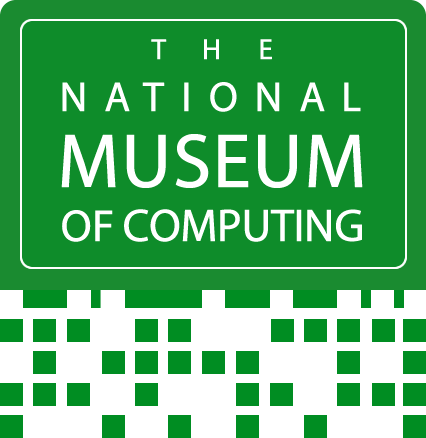1980s computing as it happened
/Photo: Fred Harris today and as presenter of the 1980s BBC Computer Literacy Series
Clips of the ground-breaking, educational and entertaining 1980s BBC Computer Literacy Project (CLP) series archive can now be searched and viewed in their entirety at The National Museum of Computing on Bletchley Park.
At a launch at the Museum yesterday, the CLP archive covering the decade-long ambitious BBC Computer Literacy Project series was unveiled. The archive chronicles a formative period of computer history and gives insights of the real-time story of the 1980s explosion of personal computing and computer communications. The influence of the series was profound and inspired a generation to use computers and many to become coders and even entrepreneurs.
Both educational and nostalgic, and featuring many leaders of the industry in their younger days, the CLP Archive includes:
257 programmes
2500+ clips described by the original production team
clips searchable by series, theme, timeline, BBC Micro software, and keyword search.
Hosting the launch, Andrew Herbert, chair of TNMOC trustees, said, "The BBC Computer Literacy Project Archive will be a valuable resource to computer historians – it covers a period of rapid change when computers were developed and used, and when the UK held a leadership position in the industry. Importantly, alongside the technology, the archive shows how computers changed every-day lives and started to ask some of the big questions on the impact of computers on society.”
At the launch, Bill Thompson, from BBC Research & Development, put the archive in context praising it as an exemplar for other BBC programming which effectively document aspects of British and world history.
The content has been curated by retired BBC staff who were involved with the BBC Computer Literacy programming in the late 1970s and 1980s, and the website was built by BBC Archive Development.
The complete archive can be seen by visitors to The National Museum of Computing in the Fujitsu Innovation Hub when the Museum is fully open: see Plan Your Visit for opening hours.
A taster of the archive can be viewed at www.bbc.co.uk/taster/pilots/computer-literacy-project
About The National Museum of Computing
The National Museum of Computing, located on Bletchley Park in Block H, one of England’s ‘irreplaceable places’, is an independent charity housing the world's largest collection of functional historic computers, including reconstructions of the wartime code-breaking Colossus and the Bombe, and the WITCH, the world's oldest working digital computer. The Museum enables visitors to follow the development of computing from the ultra-secret pioneering efforts of the 1940s through the large systems and mainframes of the 1950s, 60s and 70s, and the rise of personal computing in the 1980s and beyond.
The Museum runs a highly successful Learning Programme for schools and colleges and promotes introductions to computer coding amongst young people to inspire the next generation of computer scientists and engineers.
Sponsors of the Museum have included Bletchley Park Science and Innovation Centre, Fujitsu, InsightSoftware.com, Paessler, Sophos, Lenovo, Bloomberg, Ocado Technology, Ceravision, CreateOnline, 4Links, Google UK, IBM, NPL, HP Labs, FUZE and BCS.
The whole Museum is open to the public from 12 noon - 5 pm on Thursdays, Saturdays and Sundays, spring and summer Bank Holidays. During long school holidays, there are additional opening days. The Colossus and Tunny galleries are open daily. Public and private Guided Tours are available and bookable online – see the website for details. Educational and corporate group visits are available by prior arrangement.
For more information, see www.tnmoc.org and follow @tnmoc on Twitter and The National Museum of Computing on Facebook and Google+.
Media Contacts
Stephen Fleming, Palam Communications, for The National Museum of Computing
01635 299116
s.fleming@palam.co.uk



